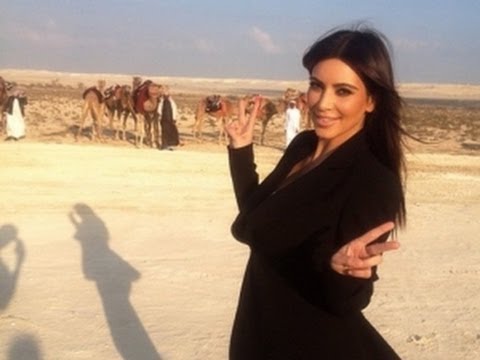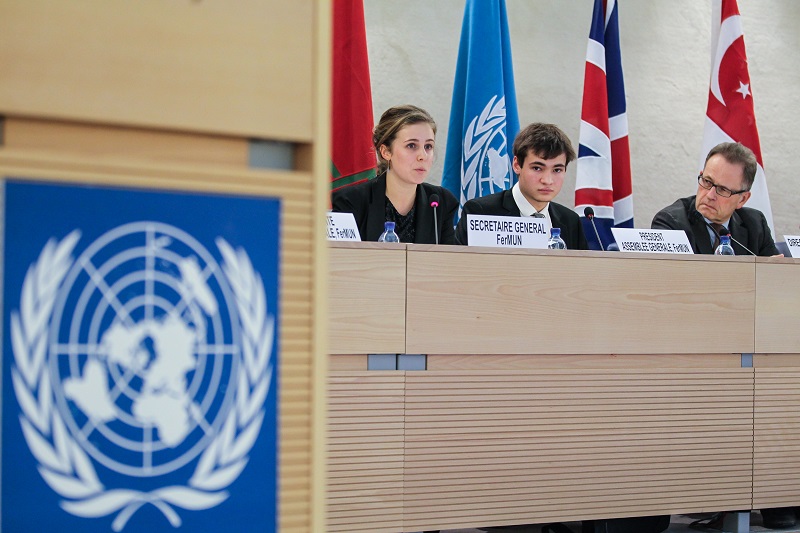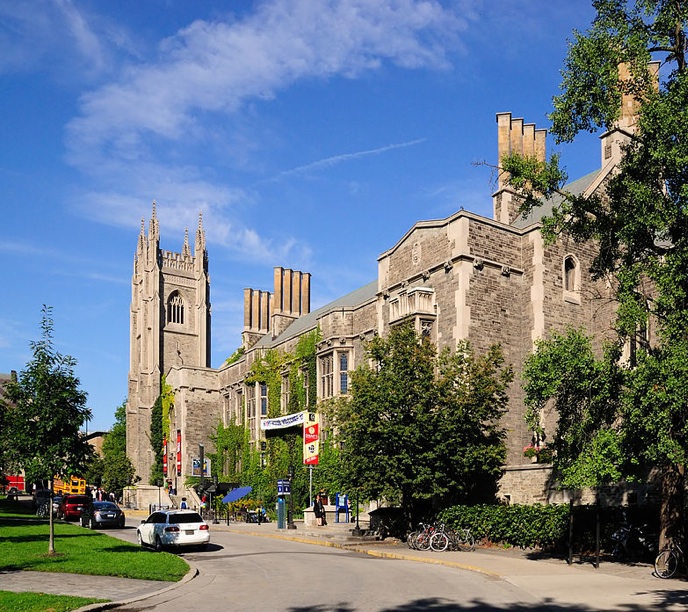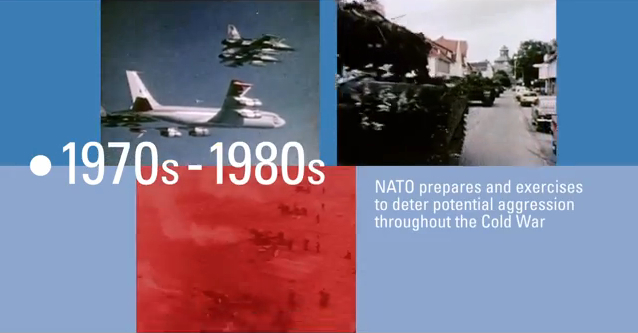Diplomacy has been an esoteric discipline for millennia, reserved for statesmen and their envoys. While the customs and traditions varied, the world of diplomacy was rarely- if ever- shared with the general population. The rise of mass media brought an end to that, increasing the importance of ‘public diplomacy’, the public’s ability to influence a state’s foreign policies. Through this phenomenon, a new class of ‘diplomats’ emerged: celebrity diplomats. Beginning with radio, their popularity has increased exponentially with more and more ways to see them, hear them, and read about them. The rise of the Internet provided an explosion of their fan base to a worldwide scale. Still, while they have been an effective means to increase awareness of necessary philanthropic causes, their lack of real accountability has sometimes led them to promote ethically dubious policies.
Celebrity Diplomats: Good-will Ambassadors
Since the establishment of the position in 1962, a large number of celebrities have been given the title of “good-will ambassador” by the United Nations (UN). In his book Celebrity Diplomacy, Andrew F. Cooper explains that it was only in the 1980s with the rise of entertainment news that these roles have been mediated across the globe to a wide audience. The UN has been using celebrities to propagate a greater awareness of the UN institution and the causes its various branches have been promoting.
In the recent web 2.0 era, the connection of celebrities with their fan base has grown even larger. Celebrities now have a platform to directly engage their audience and communicate with them on a regular basis. The diplomatic corps has had trouble building its base of followers whereas the celebrities have one ready-made. In a certain way, the celebrities partially serve as intermediaries between the diplomats and the public.
The role of the celebrity has also drastically changed over time. A clear dichotomy between Audrey Hepburn and Angelina Jolie serves as a recent example. The first major change is the type of work: Hepburn was much more involved in activities regarding children in Africa whereas Jolie mostly goes to warzones and visits refugees all over the world. The range of activities seems to have expanded geographically and in its level of peril. The second, according to Cooper, is the blurring of the line between the celebrities’ private and public lives. When Hepburn was partaking in these missions she had retired from her original profession, unlike Jolie who is still juggling diplomacy and acting.
It seems that the digital revolution has greatly affected the role of celebrities in the world of diplomacy. With large followings and numerous platforms, celebrities are incrementally capable of diffusing awareness for their cause and/or the institution they represent, in a more direct and effective way. Their role as mediators between the diplomatic sphere and the public seems to have accentuated in the era of ‘public diplomacy 2.0.’
Unintended Celebrity Diplomacy
Nowadays, social media has become popular in engaging in public diplomacy. With platforms boasting hundreds of millions or even billions of subscribers, they have become an efficient means of propagating information. Celebrities, businesses, politicians, even embassies have used twitter to reach a broader audience.
With over 32.6 million twitter followers (14th in the world), reality star Kim Kardashian recently engaged in public diplomacy, whether she intended it or not, by associating herself with the Kingdom of Bahrain. She tweeted the following: “Inshallah next week I head to Kuwait and Bahrain with my friend[…]Time to set the record straight so excited about this trip!” (November 29th 2012) and “Thanks Sheikh Khalifa for your amazing hospitality. I’m in love with the Kingdom of Bahrain” (December 1st 2012) along with more than five other tweets referencing Bahrain in a positive light. This came at a time when the Kingdom of Bahrain was struggling with mass protests.

According to Mark Lynch: “Kardashian, much like April’s controversial Formula One race, generated positive publicity for a Bahraini regime which carried out an unspeakably brutal crackdown last year“. It is dubious to ask if Kim can be held responsible for spreading positive publicity for Bahrain unless it is assumed that she was perfectly aware of the political situation in the small Middle Eastern island state.
The voices and political credibility of celebrities has reached such heights that they are often seen as representatives of countries or institutions. Kim Kardashian never stated that she was representing a state or a specific organization. Nevertheless, this type of behavior by uninformed celebrities could lead to unrest and even violence (a protest against Kardashian was organized in El Manama).
The probability of such an event occurring in the future seems to be quite high: A significant number of celebrities have followings that exceed the populations of many states, and there is a complete lack of filter on the information they release onto the world.




